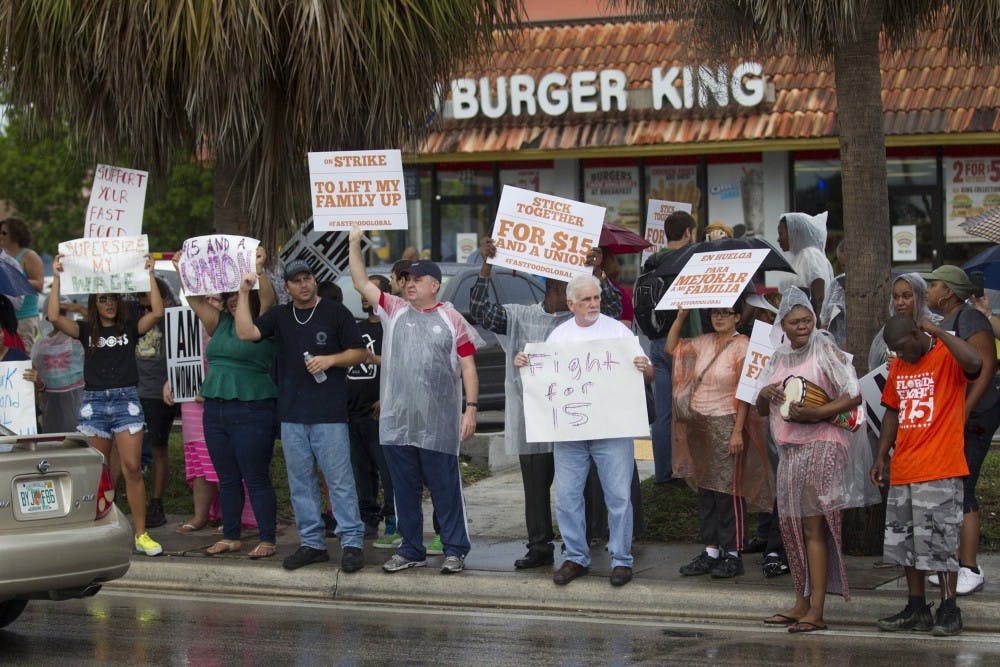Labor Day is another one of those American holidays that, while celebrated with a day off, has lost much of its original meaning. Like Columbus Day or Thanksgiving, among others, Americans love to find any excuse to take off work without understanding why. Given that we take less vacation than Medieval peasants, people are often eager to get a day off, no questions asked.
So why is Labor Day a national holiday in the U.S.? The first Monday of September is a given vacation day after legislation passed by Congress in the late 1800s made it so. Like the holidays listed above, Americans also have goldfish memory when it comes to the contributions of the labor movement in the United States, a movement that lays in shambles in our state after “right to work” laws were passed.
“Right to work” as a legislative notion gets its name from the allure of not forcing workers to join a union. For those who don’t know, in order for a union to work, all members of that industry in that geographic area have to join and cooperate to collectively bargain with employers. That way, if a strike or other union action breaks out, the employers cannot simply hire more workers and fire the strikers. Effectively, this style of legislation makes union-forming an impossible action.
Another side effect of “right to work” is the lowered cost of labor for employers, fueled by the lack of collective action on the part of workers. This could explain South Carolina’s $15.76 median hourly wage, almost $2.50 less than the national average.
Keep in mind, this law was enacted in 1954, meaning very few, if any, workers in the state remember a time when unions existed. How can anyone be expected to have an honest view about the drawbacks and benefits of being in a labor union if they are outlawed in our state and 24 others?
Just this summer, the Supreme Court reversed a decision it had upheld five times in the past regarding how unions can collect compulsive dues for representing members of an industry. It seems that in the United States, under the current administration, labor unions are not welcome.
Just look at the state of wealth inequality in the United States. The top 1 percent of wealthiest people in the U.S. own more than the bottom 90 percent, and that trend is moving in the direction of the 1 percent. One of the only societies that had a similar amount of wealth inequality was the Roman Empire at its height.
So, if you are reading this and you are staunchly against unions, why? Why should workers not join forces and demand better wages and benefits, especially in a time when the most wealthy people can most certainly afford it?

